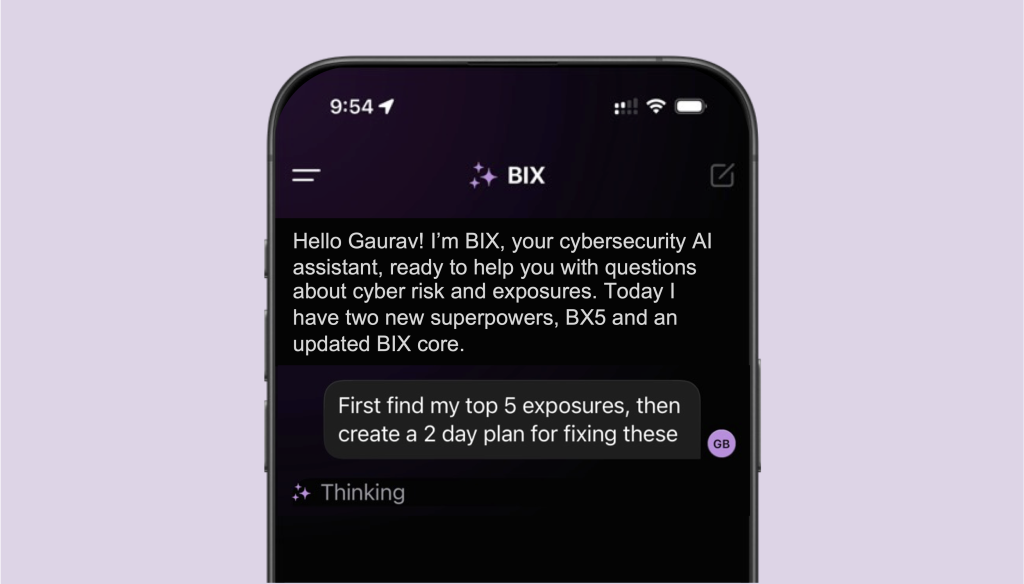

April 25, 2025
Protecting patient data isn’t just about keeping up with regulations; it’s about safeguarding lives and preserving trust. For healthcare organizations like City of Hope, cybersecurity is a mission-critical responsibility. A breach can impact patients’ well-being and the ability to focus on groundbreaking medical research.
Our recent webinar featuring Mike Ruehmkorff, Chief Information Security Officer at City of Hope, discussed how AI can positively impact healthcare security practices.
Healthcare organizations face a perfect storm of challenges, including digital transformation, the rapid adoption of connected medical devices, and increasing regulatory requirements regarding patient privacy.
For City of Hope, the stakes are high.
Key challenges include:
Mike emphasized that cybersecurity priorities extend far beyond technical systems. Protecting patient trust and organizational reputation is paramount in an era when one breach can shatter decades of goodwill.
AI-powered solutions have been regarded as the future of cybersecurity, but separating hype from reality is critical. Mike outlined where AI can play a part.
Vulnerability Management
With an overwhelming amount of data, AI/LLMs are the perfect fit to identify, prioritize, and disseminate remediation instructions. By leveraging natural language queries and generating actionable recommendations, AI tools can empower IT teams to focus on the most critical issues.
Identity and Access Management (IAM)
With all the access requests, AI can analyze and implement role-based access, ensuring staff only have access to the systems and data they need. This helps to reduce insider threats and prevent accidental breaches.
AI may empower teams, but Mike stressed the importance of positioning it as a collaborative tool, not replacing human expertise. “AI is here to do the heavy lifting while cybersecurity teams make the high-judgment calls that require expertise,” he explained.
Governance plays a significant role in ensuring AI solutions meet expectations. Strong decision-making frameworks and clear communication about AI’s role can help organizations avoid skepticism and foster stakeholder confidence.
With security budgets tightening across industries, Mike shared how he prioritizes tools and strategies that deliver measurable impact.

At Balbix, we’re reshaping how security teams operate. Our AI assistant BIX delivers actionable insights, dramatically simplifying risk identification and mitigation. With Balbix, CISOs and their teams can finally move beyond dashboards, spending less time searching for answers and more time proactively protecting their organizations.